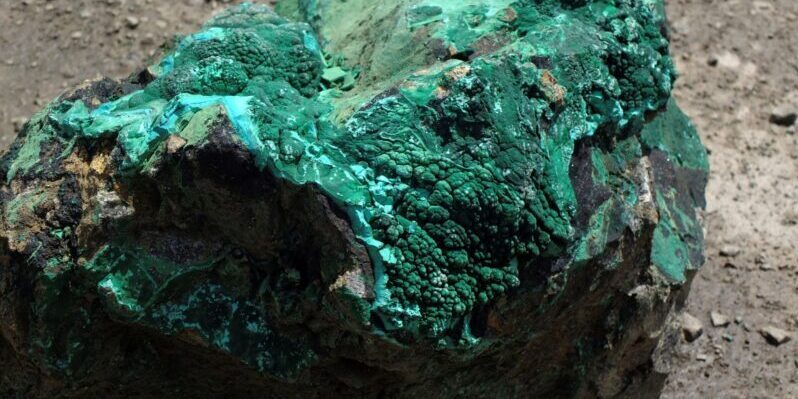
In a move to formalize artisanal mining and contribute to the global electric vehicle revolution, the Democratic Republic of Congo (DR Congo) has thrown its support behind a new domestically owned copper-cobalt plant.
The project, spearheaded by Congolese company Buenassa, is set to cost around $350 million, with Washington-based financial consulting firm Delphos International assisting in raising financing.
DR Congo is a major player in the green-energy transition, supplying approximately 70% of the world’s cobalt and ranking among the top three copper producers.
While much of the nation’s output comes from industrial mines owned by foreign companies, the government and industry have faced pressure to improve conditions for informal miners working in often hazardous conditions.
The Buenassa project marks a significant step in achieving these goals. Owned by Congolese entrepreneur Eddy Kioni, Buenassa collaborates with the state-owned Entreprise Generale du Cobalt (EGC), which holds rights to all hand-dug cobalt in DR Congo.
EGC was established in 2019 with the aim of formalizing and enhancing conditions for artisanal mining but has encountered challenges in setting up operations.
The project’s ambition extends beyond its initial plans to produce 30,000 tons of copper cathode and 5,000 tons of cobalt hydroxide, primarily sourced from artisanal miners.
With Delphos’ and government backing, Buenassa seeks to expand its operations. The new smelter facility will concentrate cobalt from the artisanal sector, contributing to better wealth distribution within the country.
Additionally, Buenassa plans to process industrial ore to ensure the smelter’s profitability and is in discussions with a US-based commodities trader to market the output.
The involvement of Delphos International underscores the increasing focus among western governments on securing strategic minerals like copper and cobalt while reducing dependence on China.
Delphos International Chairwoman Roya Rahmani highlighted that the Buenassa project aligns with the geopolitical goals of the United States, partly influenced by a US agreement to support an electric vehicle value chain development plan between DR Congo and neighboring Zambia.
This move emphasizes the importance of securing vital mineral supplies in the evolving global landscape.
DR Congo’s minerals have traditionally ended up in China for final refining, with a significant minerals-for-infrastructure deal between the two countries.
While specifics of the renegotiation remain undisclosed, Buenassa could potentially benefit from the negotiations as DR Congo seeks to assert more control over the agreement.





